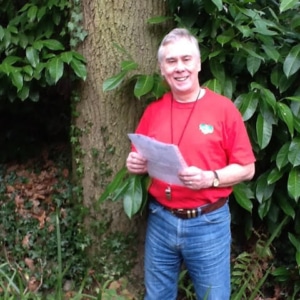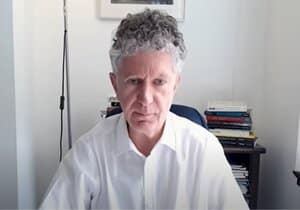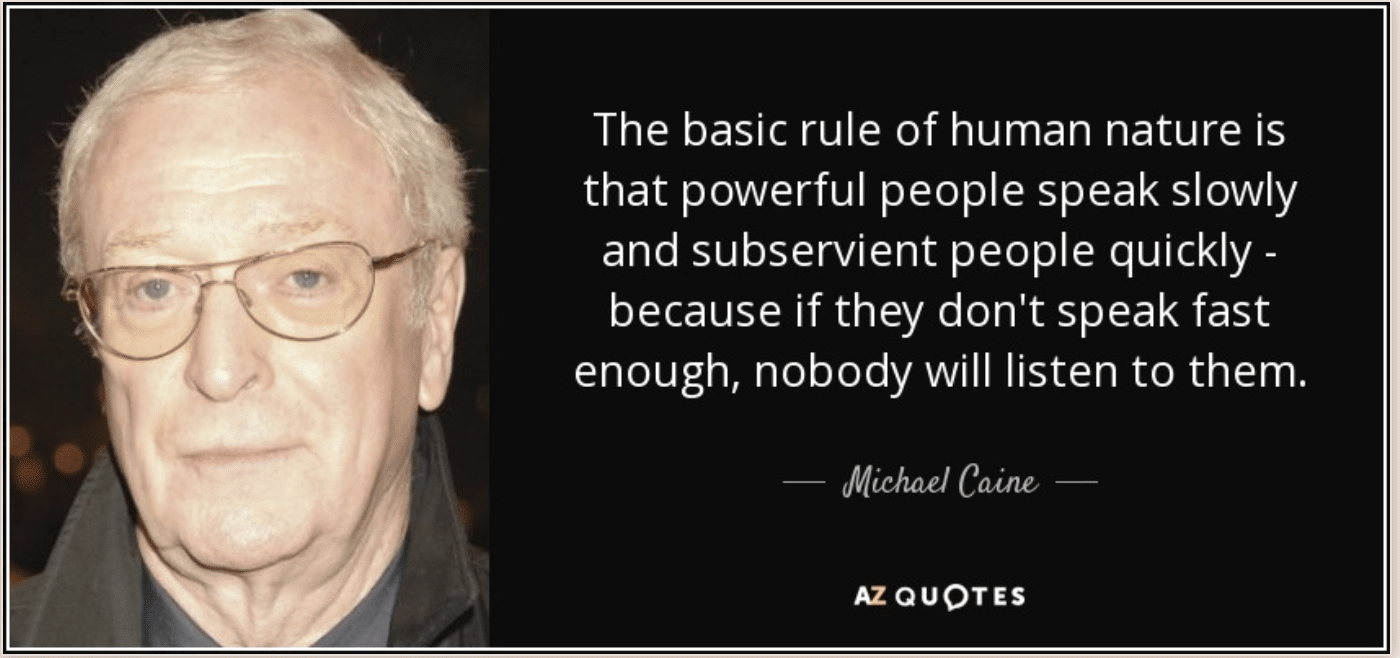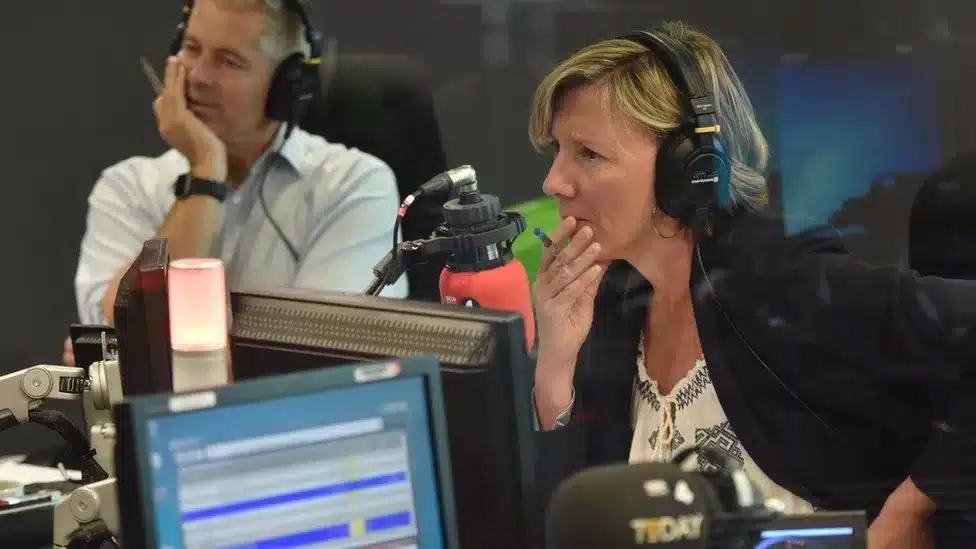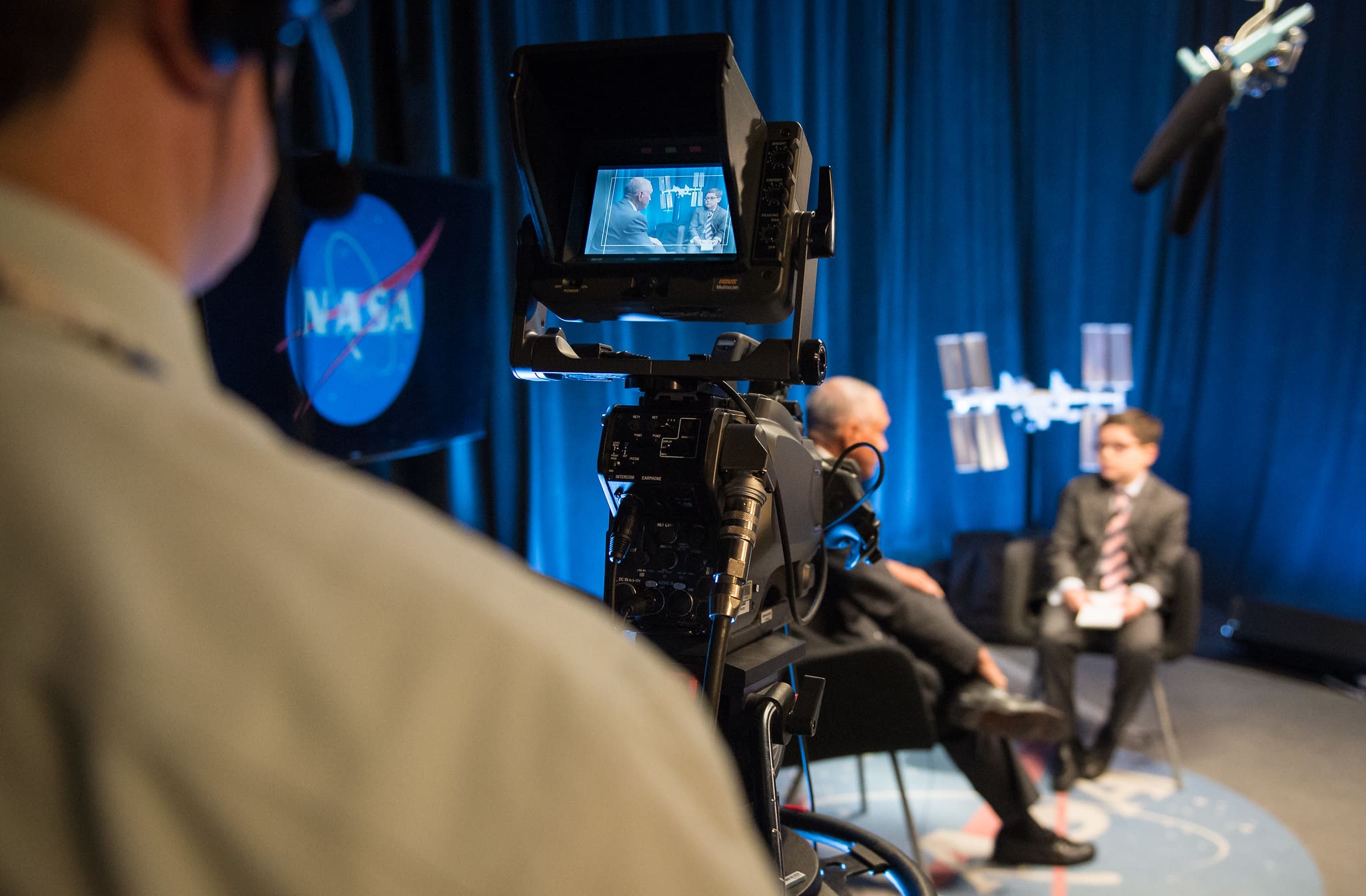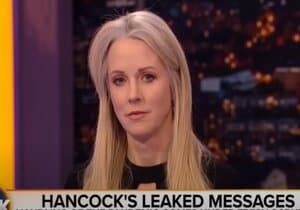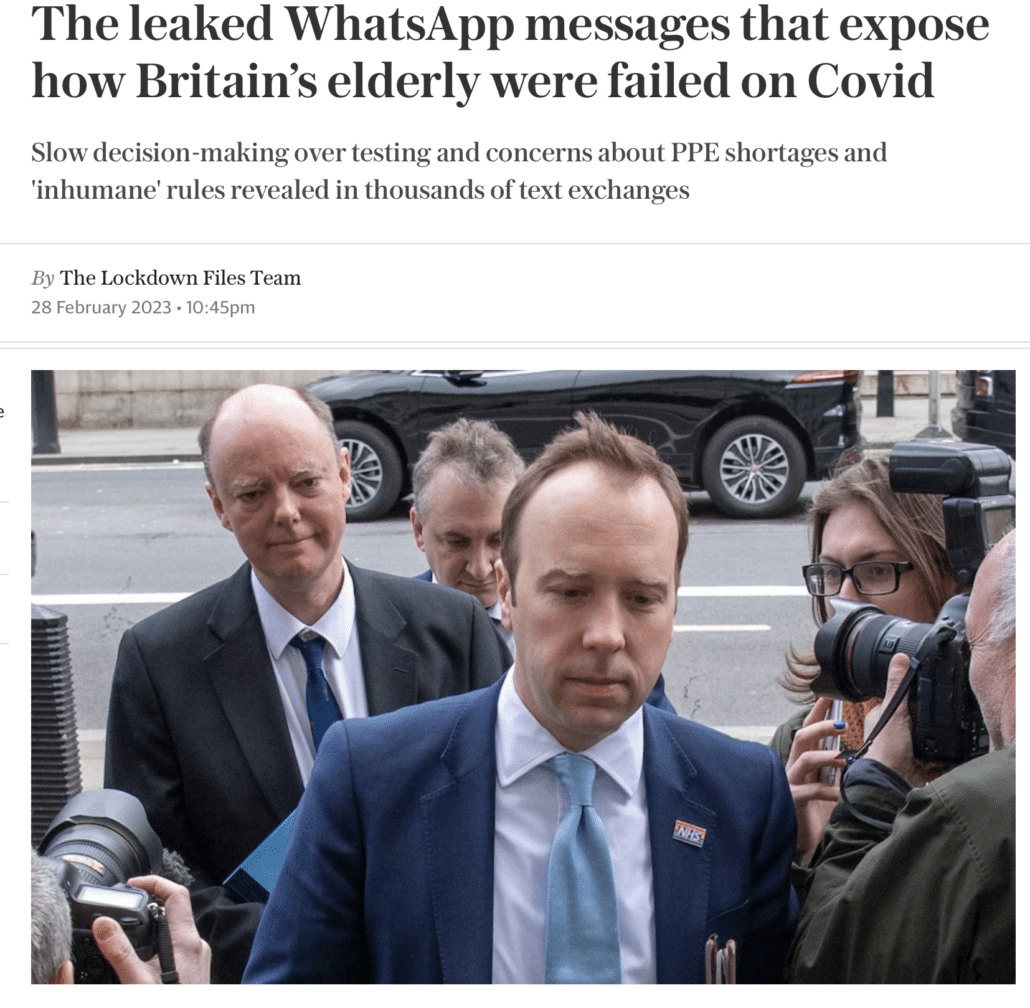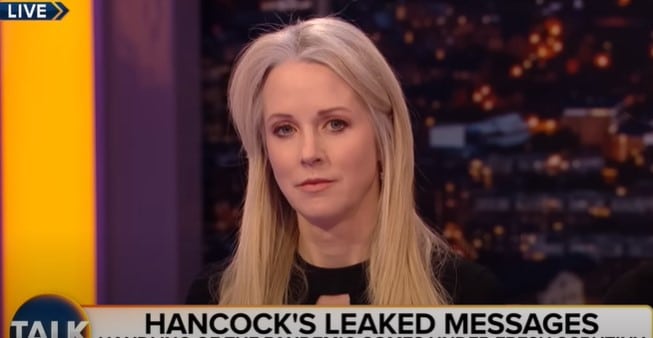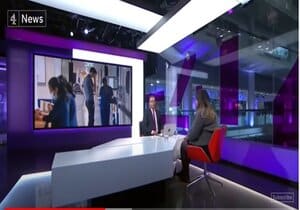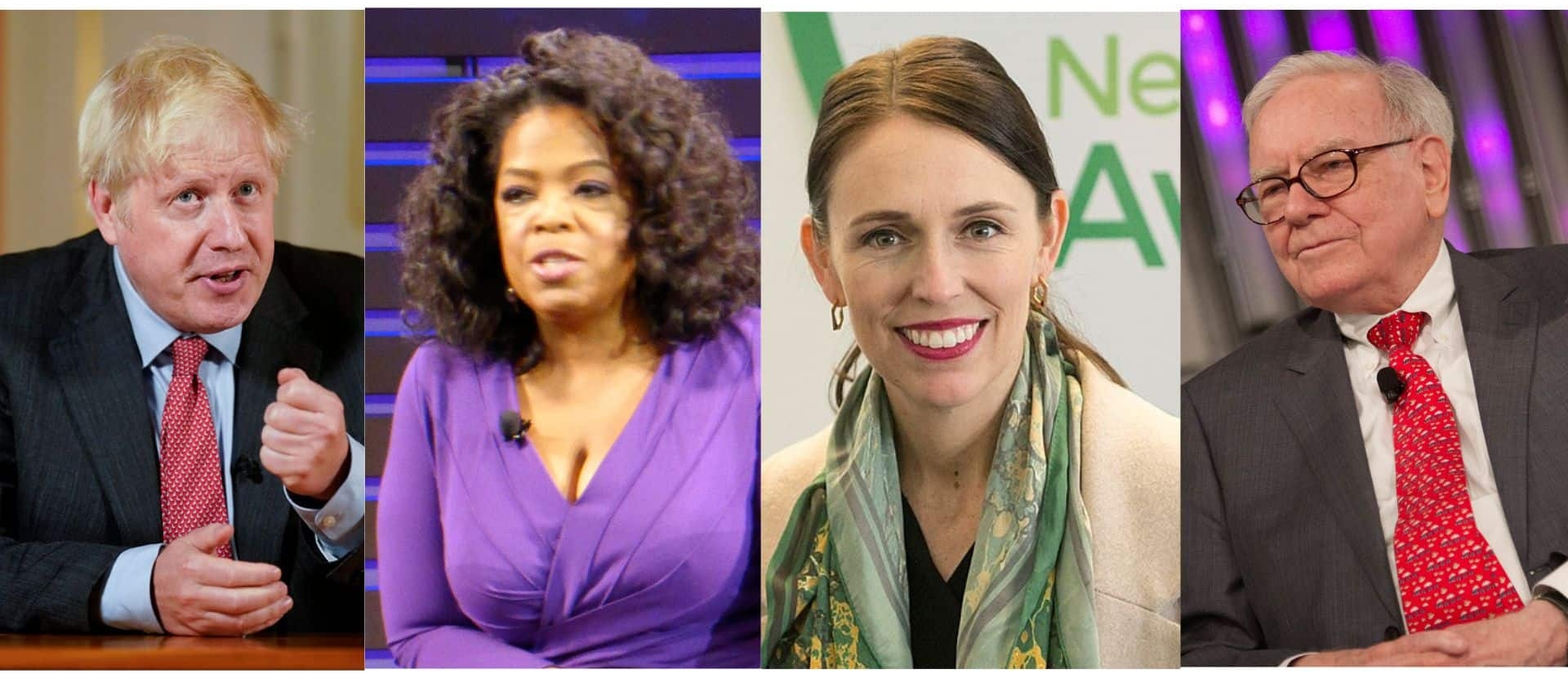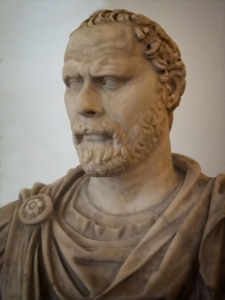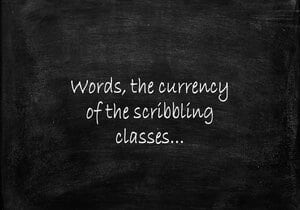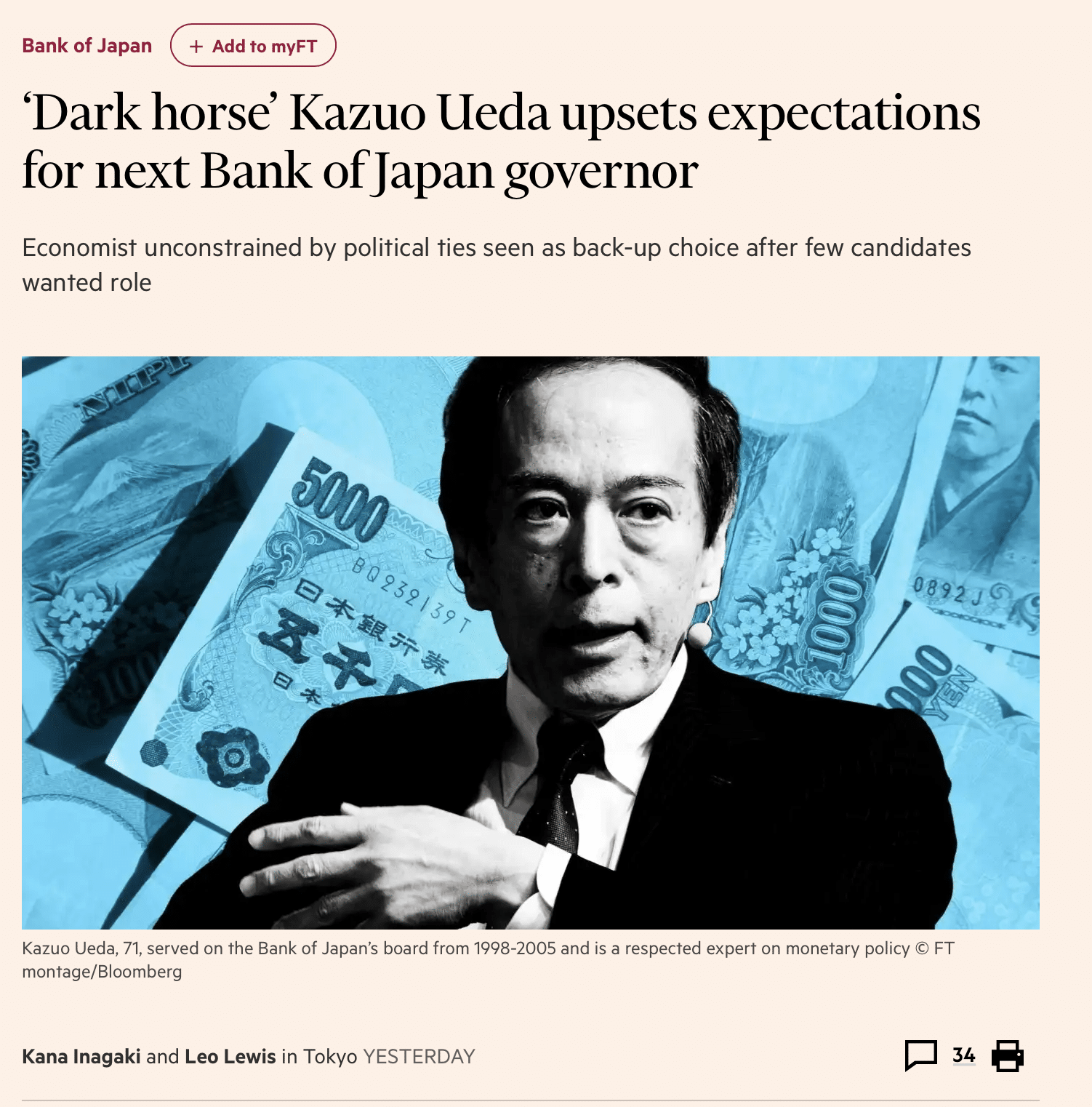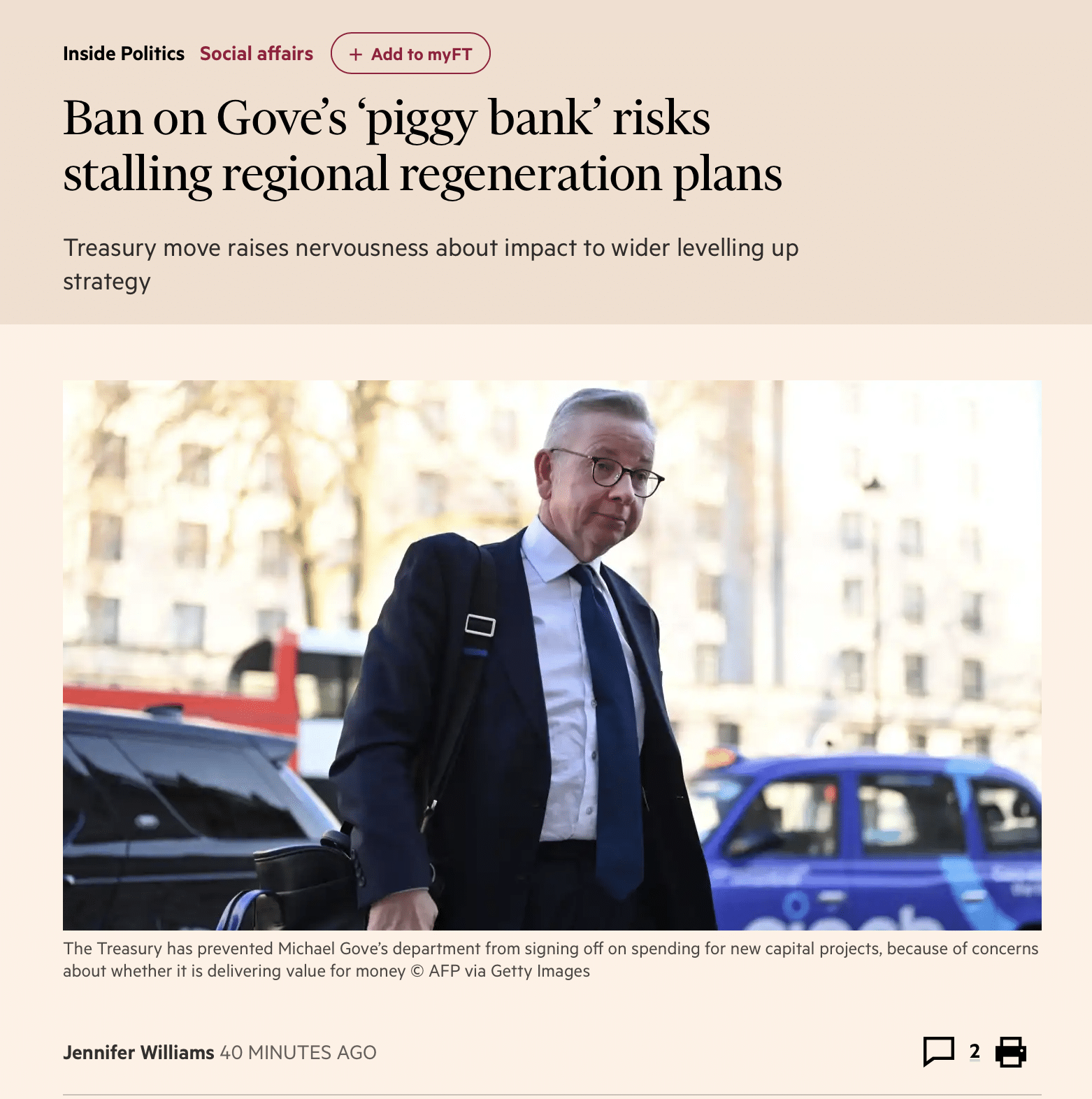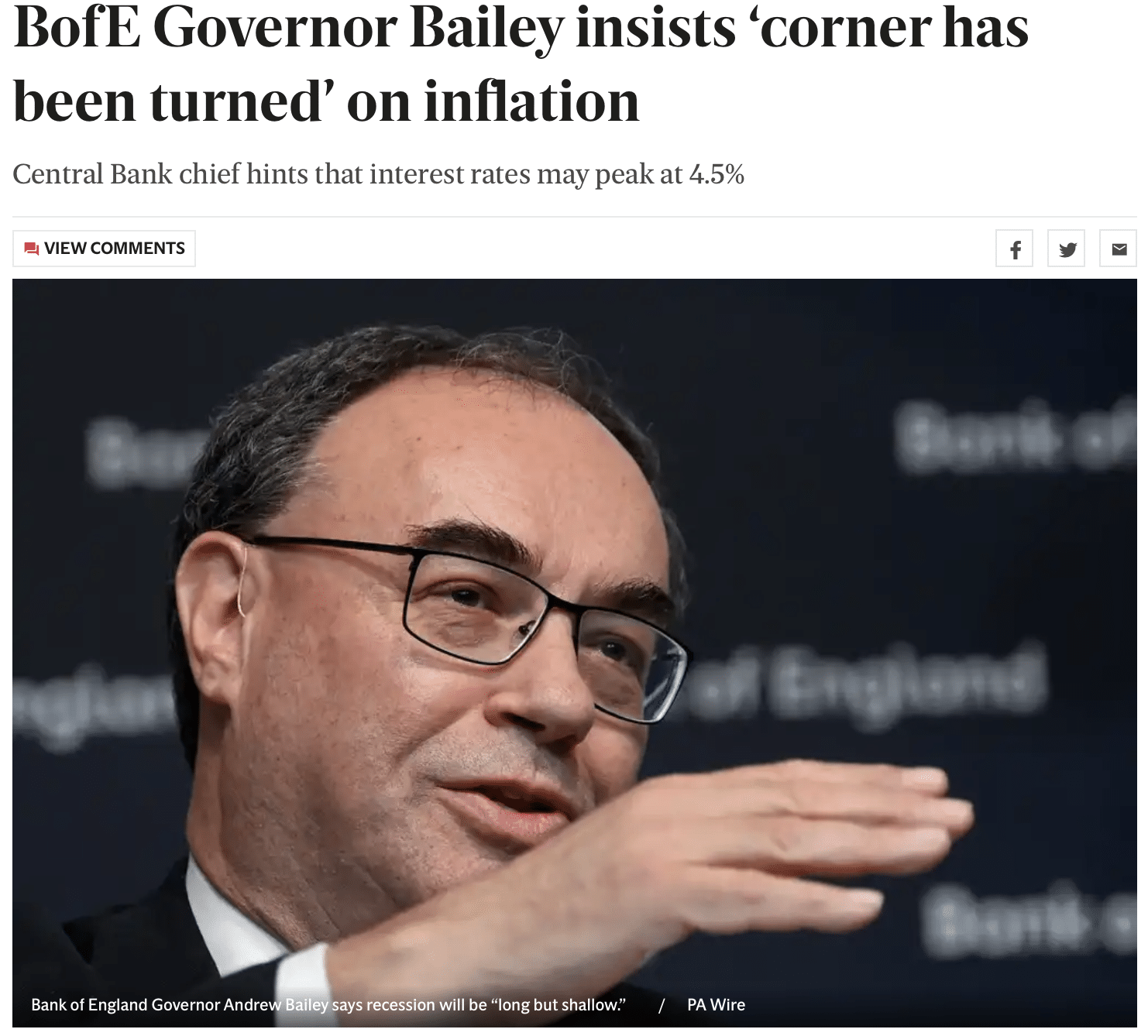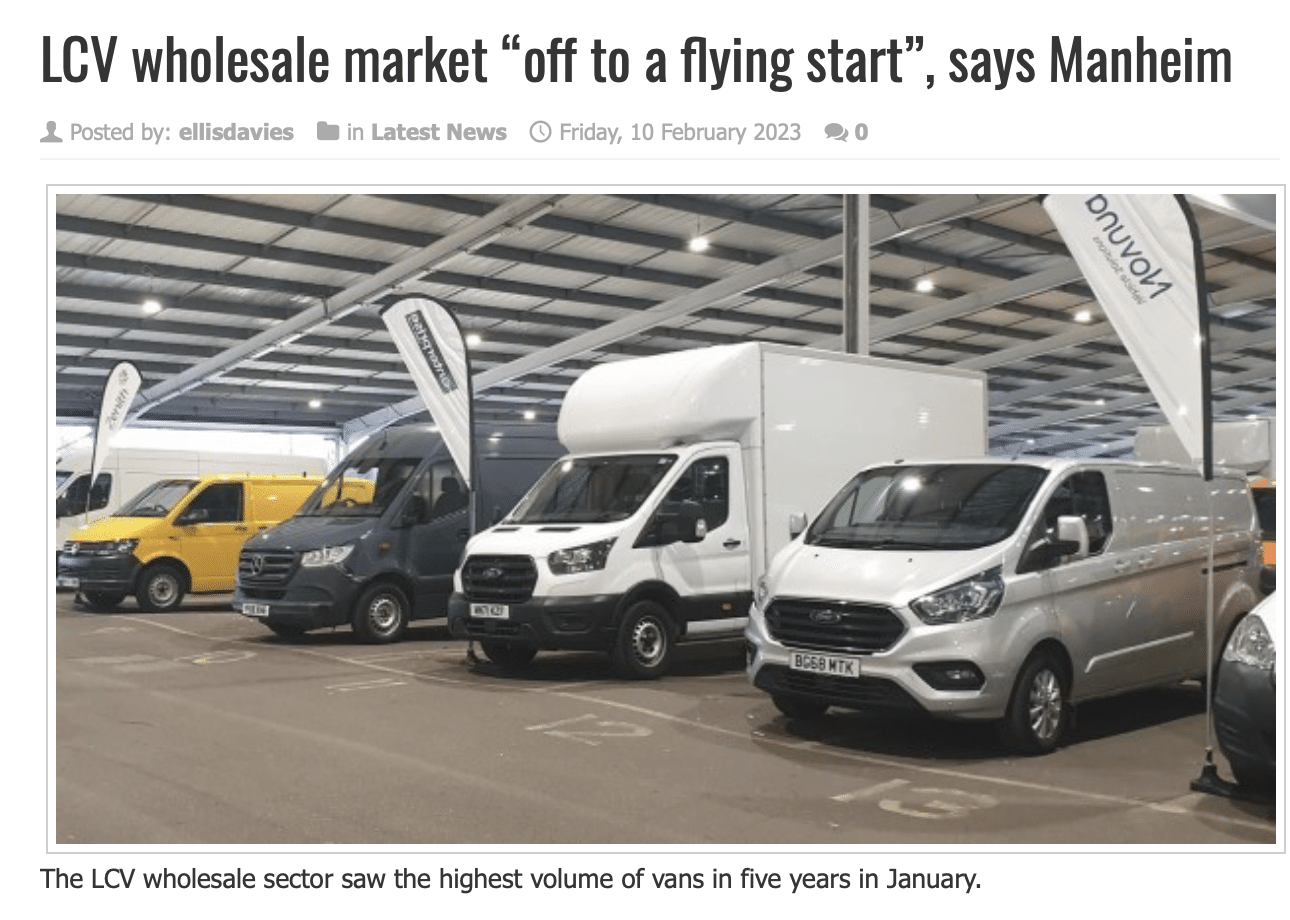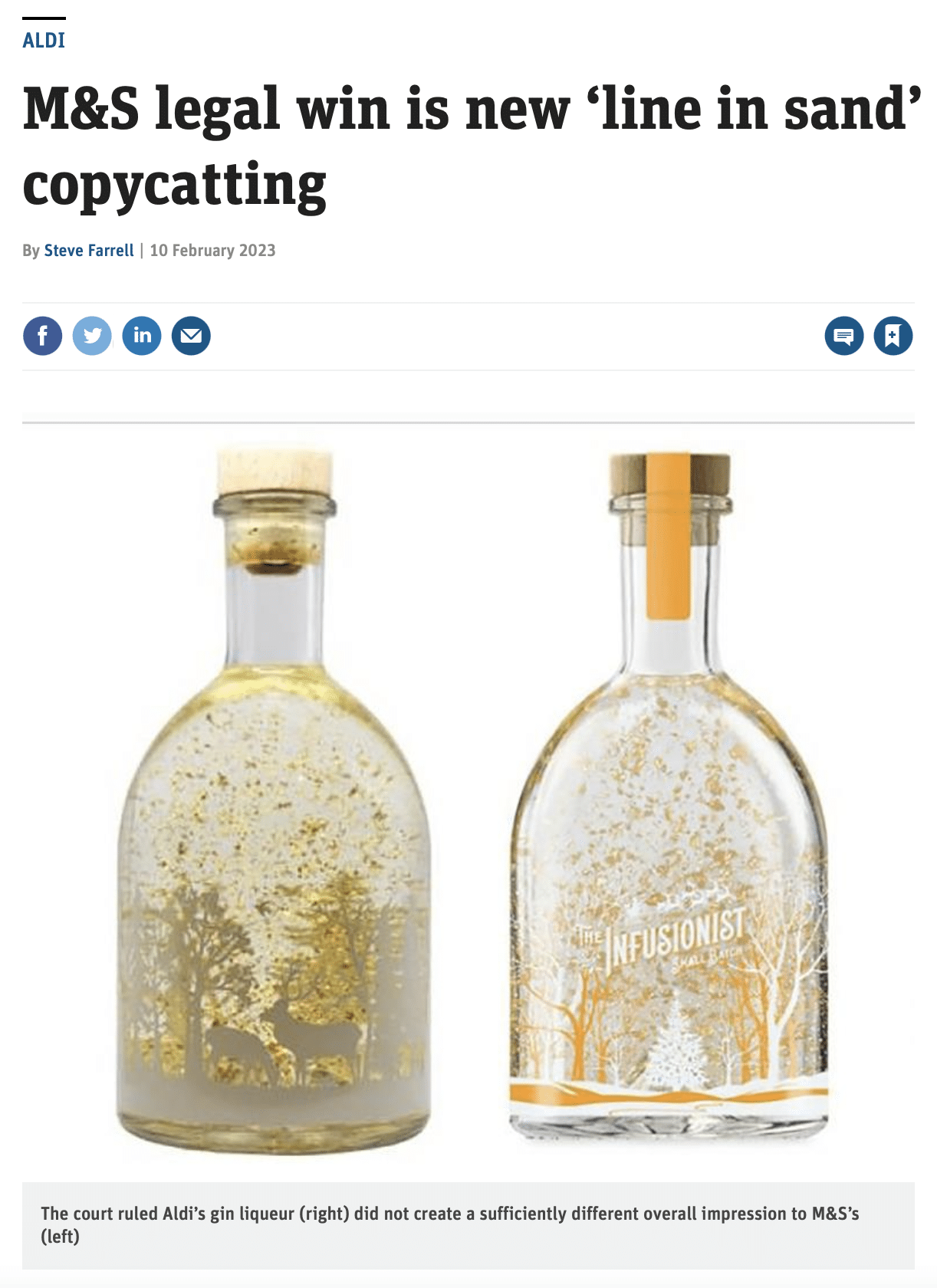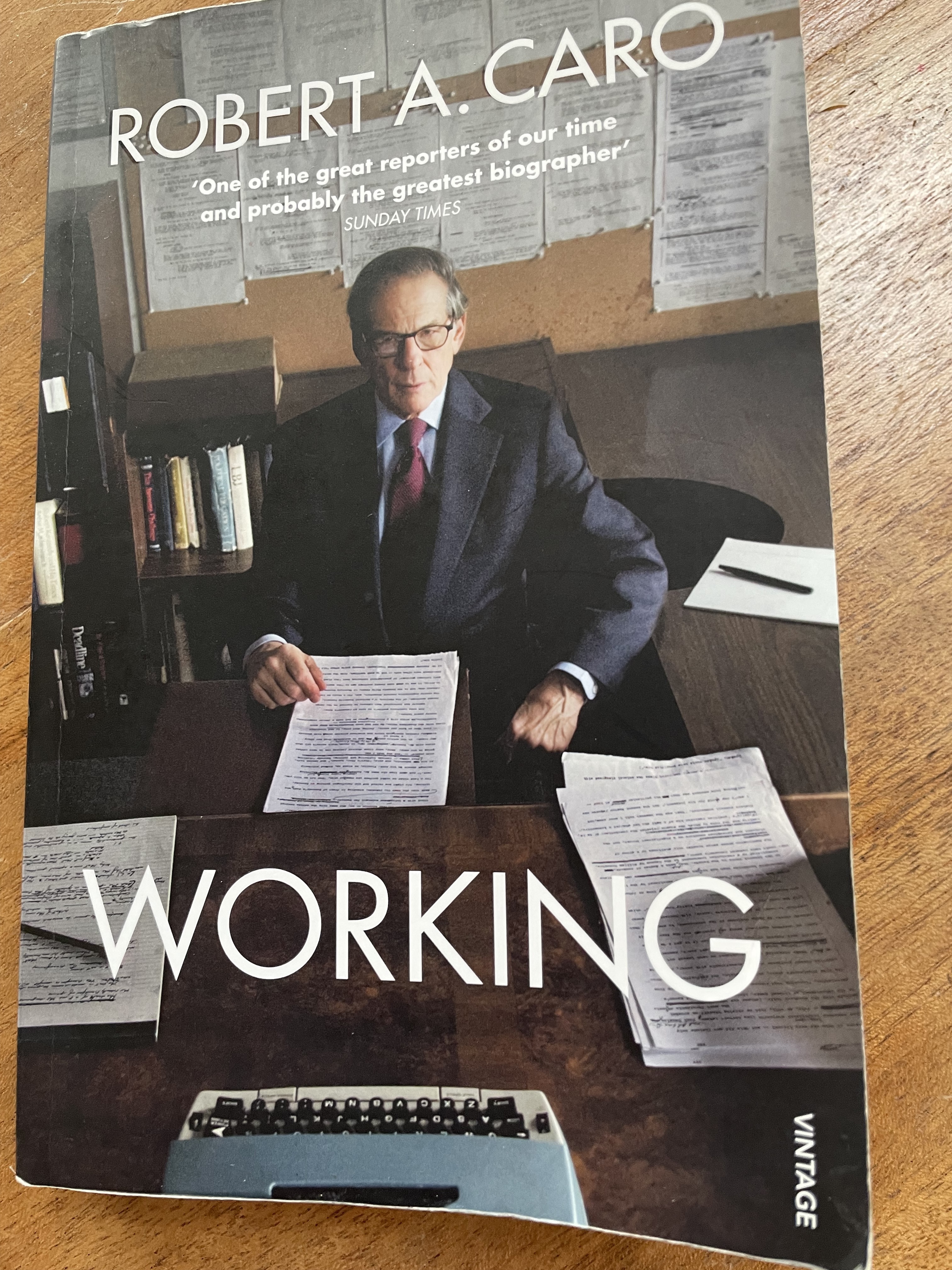Many Colours
What were the colours of Joseph’s Coat? Well, according to lyricist Tim Rice, in the score of Joseph and the Amazing Technicolour Dream Coat they started “Red and yellow and green and brown, scarlet and black and ochre and peach, ruby and olive and violet and fawn…” I won’t go on as there are 33 in all. Most people probably don’t think too much about the colour or what they and others wear, but as a producer and cameraman I think about it a lot.
I recently caught that song on TV and marvelled at so many different words to describe different shades. Perhaps I could broaden my vocabulary.
When setting a video shot, even with a modern camera, I still have to consider the level of and positioning of lighting depending on a whole host of variables, including what colours my subject is wearing.
Thankfully modern cameras are much better at handling strong colours and generally we can work with just about any colour. However, when we film people for web or corporate videos at Mediacrews, we are always doing our best to make people look good on camera and it’s still true that there are some colours that will enhance your complexion – and some that won’t. And here’s a brief run-through of our quick guide to what colours work best on camera and why.
In the recent past there were certainly colours to avoid simply because video cameras could not cope with them.
Bright red or yellow for example would flare especially in bright sunlight. There was even something called colour-bleed where colours would merge or spread out across the screen. It could all be very distracting.
Firstly, (although they are not strictly colours) try to avoid wearing either all black or all white. Cameras are looking for a balanced exposure so that the thing that is most important in the shot – your face – doesn’t come out either too light or too dark. If the shot contains either too much white or too much black then getting the face exposed correctly can be very tricky.

Image supplied by Pickpic
A good camera-person should be able to cope in these situations, especially if they are working with professional lighting, but there is nothing wrong with making their life a bit easier. For example, a bright white shirt will work well provided a darker jacket is worn on top of it. The jacket tones down the shirt and the camera can find the correct exposure more easily. Top Tip: a bright shirt or blouse will also reflect light back up under the neck and chin which will help avoid dark shadows and improve complexion.
Colours? Well, almost any colour will work provided you match it with another colour which provides a contrast. Some combinations that work well include: bright pink and navy blue, white and dark grey or yellow and black. But if you are only wearing a shirt, dress or blouse, then pastel shades will always work well on camera. They also tend to be flattering to both men and women.
Pastels are sightly muted versions of bold colours and so have less risk of flaring in bright lights. Pastel blues and pinks are classic colours that are virtually guaranteed to come across well on camera.
But as I have already said most colours will not pose a problem for modern cameras and that thankfully means we have a broader palette to work with.
Or, as Joseph would have said, “Azure and lemon and russet and grey and purple and white and pink and orange and blue.”



